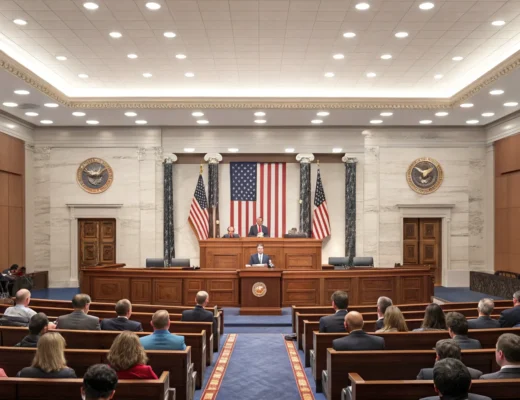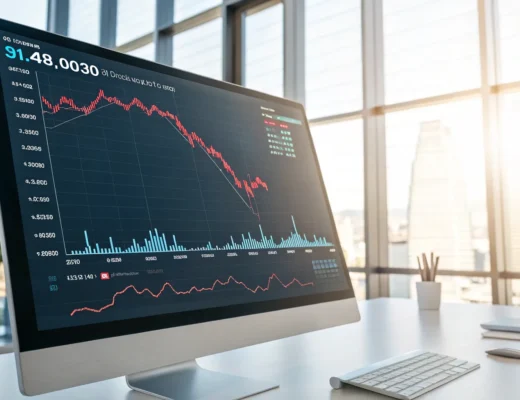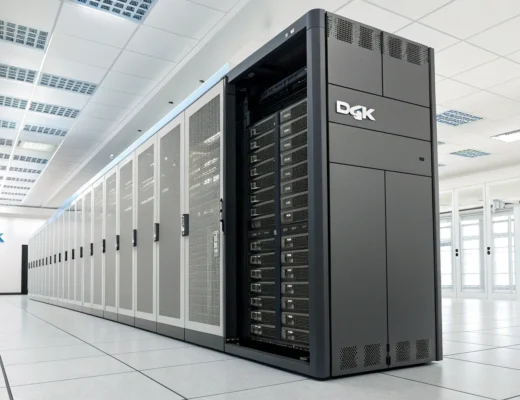Warren Buffett’s holding company, Berkshire Hathaway, purchased shares of Kroger, the largest non-discount supermarket chain in the United States, in 2019. Kroger’s stock was undervalued at the time of purchase, with a price-to-earnings ratio of just 5.7, its lowest ever. Since then, Kroger has outperformed the market, demonstrating Buffett’s ability to spot value.
Kroger has invested heavily in a full omnichannel model, which has paid off, especially in e-commerce sales, even in the face of inflation. Kroger currently offers a 2.2% dividend yield, which has increased by about 290% over the past decade.
Berkshire’s stake in Kroger
Although it makes up only 0.6% of Berkshire Hathaway’s portfolio, Kroger provides safe and stable value, along with
passive income. Compared to its competitors like Walmart and Costco, Kroger is relatively affordable. Its price-to-earnings ratio remains below the S&P 500 average, suggesting it could still be undervalued.
Kroger is also on the verge of a significant merger with Albertsons, the second-largest non-discount supermarket chain in the U.S. If approved, this merger could lead to considerable cost efficiencies, higher profits, and improved overall performance for both companies. While Kroger stock might not create millionaires overnight, it serves as a secure investment that can bolster a diversified portfolio. It has been beating the market recently and, as a stable anchor stock, it can help investors become richer over time.







